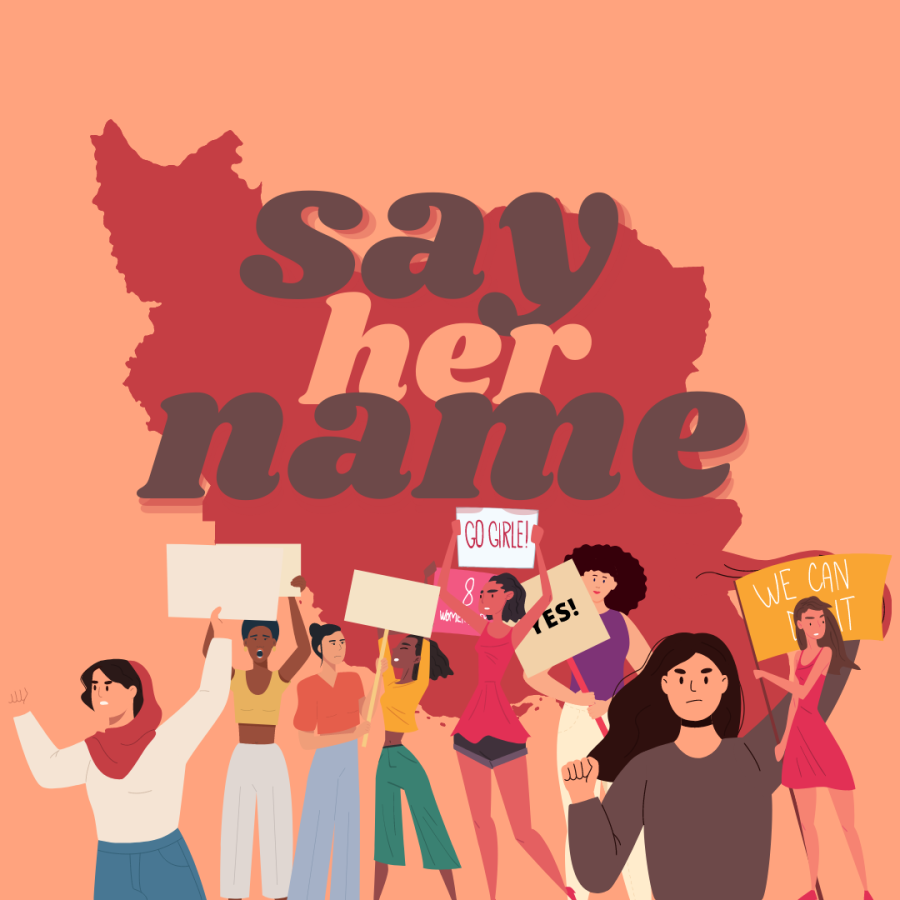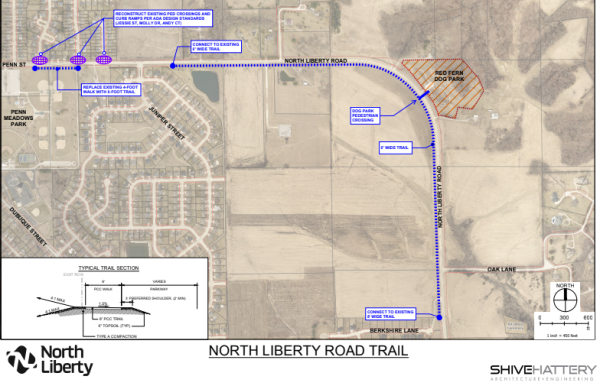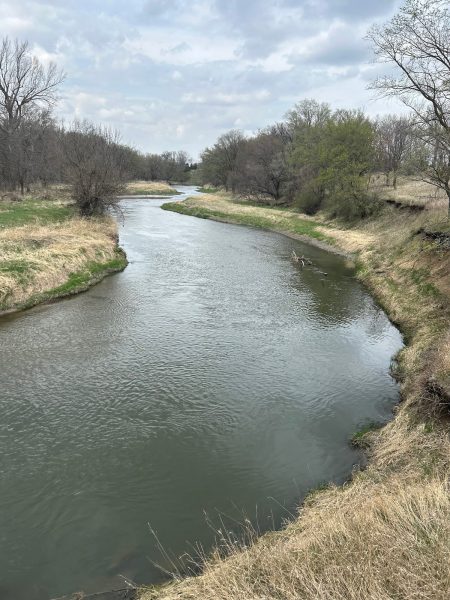Iran: Mahsa Amini
What is happening in Iran?
In Iran, after the death of Mahsa Amini, women and hijabis alike coined the phrase ‘say her name’ for their movement.
Tehran, Iran
On September 16th, 2022, Mahsa Amini died. She was killed by the “morality police” of Iran, who claimed she died of heart failure.
Mahsa Amini did not die of heart failure. Instead, she died of a stroke three days after she fell into a coma. Her autopsies showed a bone fracture in her skull and a brain hemorrhage. According to AlijaZeera, the 22-year-old was placed under arrest and beaten because she was ‘not following the women’s dress code’, as the morality police stated. Amini was a hijabi, and police claimed she was showing more of her hair than she should have, so they took her into custody (AlijaZeera).
Mozn Elfaki, a hijabi, 12, co-leader of the Black Latino Student Union club (BLSU) gives her take on the situation. “Currently, all I know is that Mahsa Amini got beaten, severely, and then she died because she didn’t wear her hijab ‘right’, which I think is terrible, because… you can’t tell someone what to do with their body. It’s just a piece of cloth on your head. You aren’t supposed to beat someone for it… A hijab is… an expression.”
Mahsa Amini is not the only woman who has died in Iran during this period of time. In Iran, protests have resurfaced, using the hashtag, #sayhernamemahsaamini. Women are burning their hijabs in fires and cutting their hair as a symbol of mourning and protesting because, in Muslim culture, hair symbolizes life and growth (CNN).
Niloufar Hamedi and Hadis Najafi have suffered from protesting and speaking out for Amini. Hamedi was a journalist for the Shargh newspaper in Tehran and was one of the first to write about Amini’s situation. Hamedi was then arrested in her home, as stated by her husband, Mohammad Hossein Ajorlou, and is now in solitary confinement at Evin prison in Tehran (AlijaZeera).
Najafi was a protester in Karaj, Iran. The 20-year-old was on her way to a protest for Amini when six bullets hit her, the shooters being from the Islamic Republic’s security forces. She has become a symbol of hope because her death makes the situation of these women dying over human rights infuriating to people.
Two hundred miles away in Rasht, Iran, an archeology student was arrested during the protests for Amini and then was denied access to medical treatment after they sustained a knife attack in Lakan Prison in Sabze Meydan, Rasht, Iran.
These deaths and arrests have sparked fear in women all over Iran. They have to make sure they dress to the enforced standards so they don’t get shot and killed in the streets. Even then, fear is always present in the back of their minds. They have to wear their hijab exactly to ‘perfection’ and they still risk getting killed or arrested. Media in Iran has reported that 35 people have died during the protests thus far, but non-Iranian media insist the death toll is much higher than 35 (IranWire).
“[If I was in Iran,]I would be scared for myself… because I don’t wear a hijab perfectly to their standards.” said Elfaki.
In Muslim culture, hijabs are encouraged, but not forced. In Iran, they are forcing women to wear hijabs, and to wear them in a specific way to match their ‘standards.’
“ A hijab is optional. You shouldn’t force someone [to wear a hijab]. Islam isn’t compulsion…You aren’t forced to do something you don’t want to do, and that’s what the Iran regime is doing right now, which [I believe] is against all of our beliefs,” said Elfaki.
Iranian people have also come out, saying that their internet was turned off due to “security reasons.” They have been speaking out on many social media platforms, trying to reach out to as many people as possible. Some accounts are being banned because of how much they have been reaching out about this, and some are on the verge of it. Because of these people talking on the internet, people, especially Iranian Americans or any Iranian person outside of Iran, risk their chances to return to their home country (AlijaZeera).
Not only are the Iranian people struggling for attention on this topic, but other women in other countries are also suffering. This topic is not just about feminism, but Islamophobia. It caused governments to force women not to wear hijabs in places like France and Denmark.
“This topic has sparked a lot of Islamophobia, unfortunately, and… there are also women in France being forced to take off their hijab, which they don’t want to do, and [recently] in Denmark as well… So many people take this devastating thing in Iran and make it into Islamophobia… I think if you’re going to support the women in Iran, you should also support the women in France [and Denmark] who really want to wear the hijab for the sake of God.” said Elfaki.
Speaking out about this topic is most, if not all, of what the community can do to help the people of Iran. Attending protests, like the ones in Washington D.C., California, Norway, and France. Speaking out against the situation supports the fight for liberation from these oppressive and dangerous regimes.
“Spreading awareness. Like, they don’t have a voice right now. We need to be their voice to spread the word,” Said Elfaki.

Addison is a senior at Liberty this year, and her third and final year on the Liberty Live Wire staff. She enjoys reading, writing, crafting jewelry, being...








